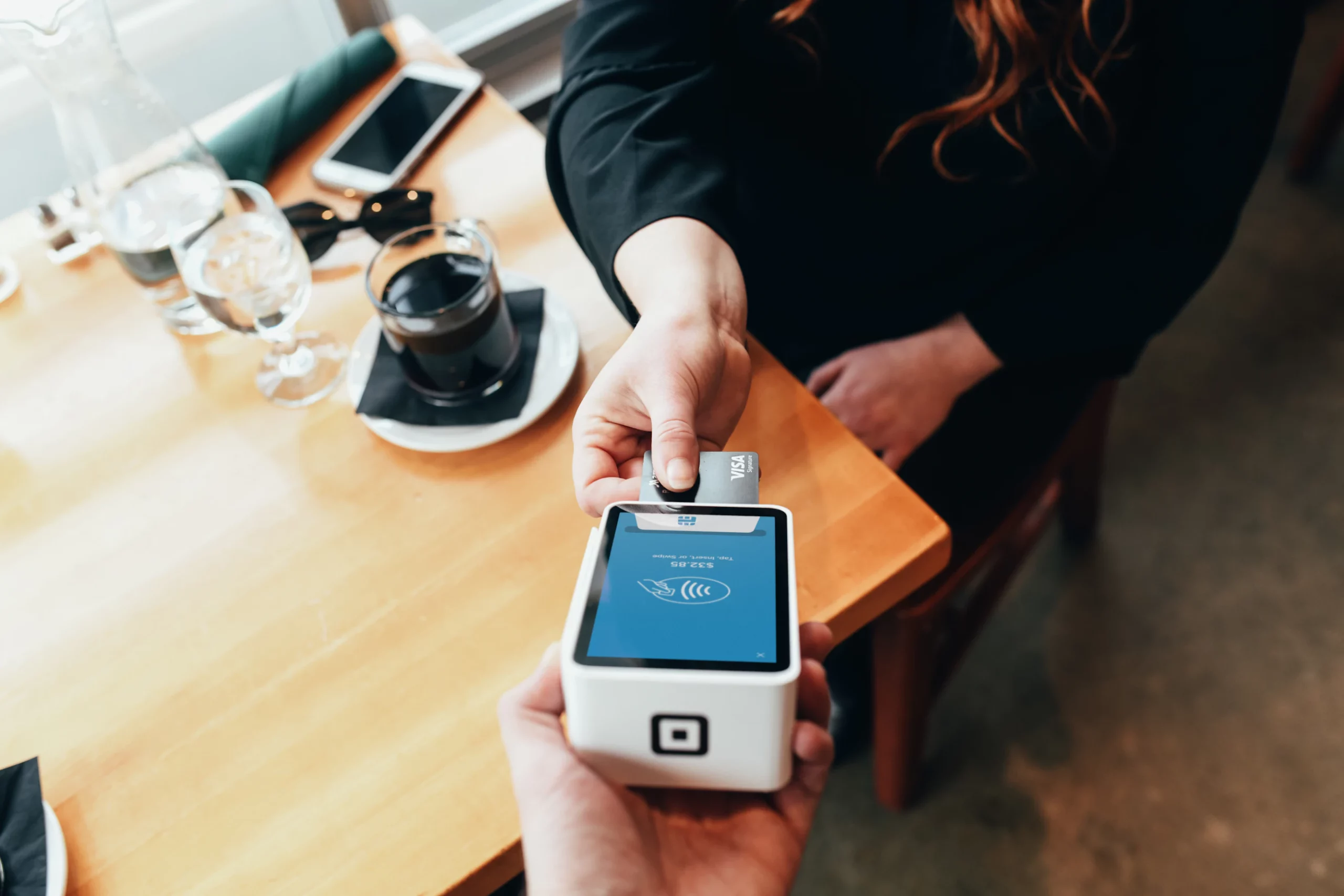Aaron Belton, global head of travel and hospitality at DocMX, outlines three ways that hoteliers can use digitisation to enhance the performance of their workforce.
The long-term implications that Covid-19 has had on staffing across the hospitality industry is not to be underestimated. As hotel occupancy dropped to less than 10 per cent due to the pandemic, many hotels had to close their doors and streamline staff numbers to survive. As a result, many employees turned to different industries to seek employment, and in many cases even left the UK entirely and returned home. It is estimated that over 1 million people have left the UK during 2020, with a disproportionate number of them having worked in hospitality.
Brexit now adds additional challenges, with a predicted shortfall of 60,000 hospitality workers per year, due to tougher immigration rules and a weaker pound attracting fewer potential staff. This recruitment gap will be cumulative year on year and in the absence of fundamental changes in the hospitality labour market, will turn into a major employment shortfall.
With the UK hospitality industry on the brink of reopening, as part of the roadmap out of lockdown, and the furlough scheme due to come to an end in September, hoteliers will need to start reviewing staffing levels and consider how they’ll tackle potential shortages.
Digitise to attract, retain and upskill staff
There are a number of ways hoteliers can overcome the implications of staff shortages. Regardless of industry, menial, repetitive and admin-heavy tasks are not only a drain on resources, but completely deteriorate job satisfaction. By digitising and automating some processes it will free up value-add hours that can instead be dedicated to more skillful, creative and rewarding tasks, such as improving customer services or financial planning.
With an existing workforce, hoteliers should also look at ways to upskill their employees, making their roles more flexible and versatile. Not only will the hotel benefit from a more highly skilled staff member, they’re more likely to retain staff who are able to see career growth and progression through new skills and learning opportunities available to them. The hospitality industry has long been known to experience a high turnover of staff, but upskilling may reduce this.
The pandemic affected employment levels across a range of sectors, filling a talent pool of essential and valuable skills. It’s a great time for hotels to attract individuals looking for new career opportunities that might have existing, transferable experience in using automation software platforms. With tech-savvy systems in place, hotels can more clearly demonstrate the benefits of employment in the hospitality industry, the career paths and possibilities available.
Furthermore, through the digitisation of operations, staff are able to work remotely by securely accessing a centralised online platform to complete tasks, opening up flexible working opportunities, once only afforded to other industries – this will be an added bonus to both existing and in-coming staff.
Increased productivity while doing more with less
Hoteliers must look at ways to maximise productivity, and one of the simplest ways of doing this is to automate administrative and manual tasks. This includes many back-office processes that are often still paper-based and inefficiently managed across different systems and departments, such as income audit, accounts receivable/payable, night audits, human resources, sales and events, and even food and beverage administration.
These operations can be automated with readily available and affordable cloud solutions, effectively saving time and resources. It’s important to choose software that will smoothly integrate into the unique way in which each hotel and department works. A key pitfall is implementing systems that aren’t able to communicate with each other, making collaboration difficult.
Hospitality organisations must also be mindful not to implement a digital platform or software that simply replicates an existing, inefficient process. It’s important to take the time to consider why the process isn’t optimal, and which steps can be automated to streamline the tasks.
At DocMX, we’ve successfully created an integrated platform which is a direct result of our decades of innovation and experience within the hospitality industry, working directly with hoteliers to understand and help them overcome pain points. In doing so, the software works seamlessly across departments enabling efficient collaboration. The innovative technology can also be tailored to each property’s exacting needs, while meeting all necessary policies.
By utilising DocMX software and its smart tools, hotels are able to automate up to 90 per cent of daily revenue auditing, 70 per cent of accounts payable/receivable as well as general ledger transactions. Aspects of front desk, HR and payroll have been streamlined, consecutively saving dozens of hours across different departments every week, eliminating the bulk of printing costs, and making staff significantly more productive.
Retaining local labour rather than outsourcing offshore
In recent years, many large hotel groups adopted the practice of migrating back-office operations to low-cost offshore countries such as India, in order to reduce labour costs and address skills shortages. Covid-19 has exposed the challenges of this approach, with unpredictable pandemic-related restrictions, staff ill-equipped to handle working from home and related data security issues.
Rather than outsourcing, hotels utilising automation technology are able to improve their productivity and the skills of local, in-house staff. This encourages retention of a local workforce and smaller teams on-the-ground, leading to financial savings, operational efficiencies and better compliance, as well as complementing the business’s corporate social responsibility.
I strongly believe that digitisation will help the hospitality sector overcome staffing challenges. With progressive thinking and action, hotels can future-proof their operations through automation, standing them in good stead for the year ahead and beyond.








